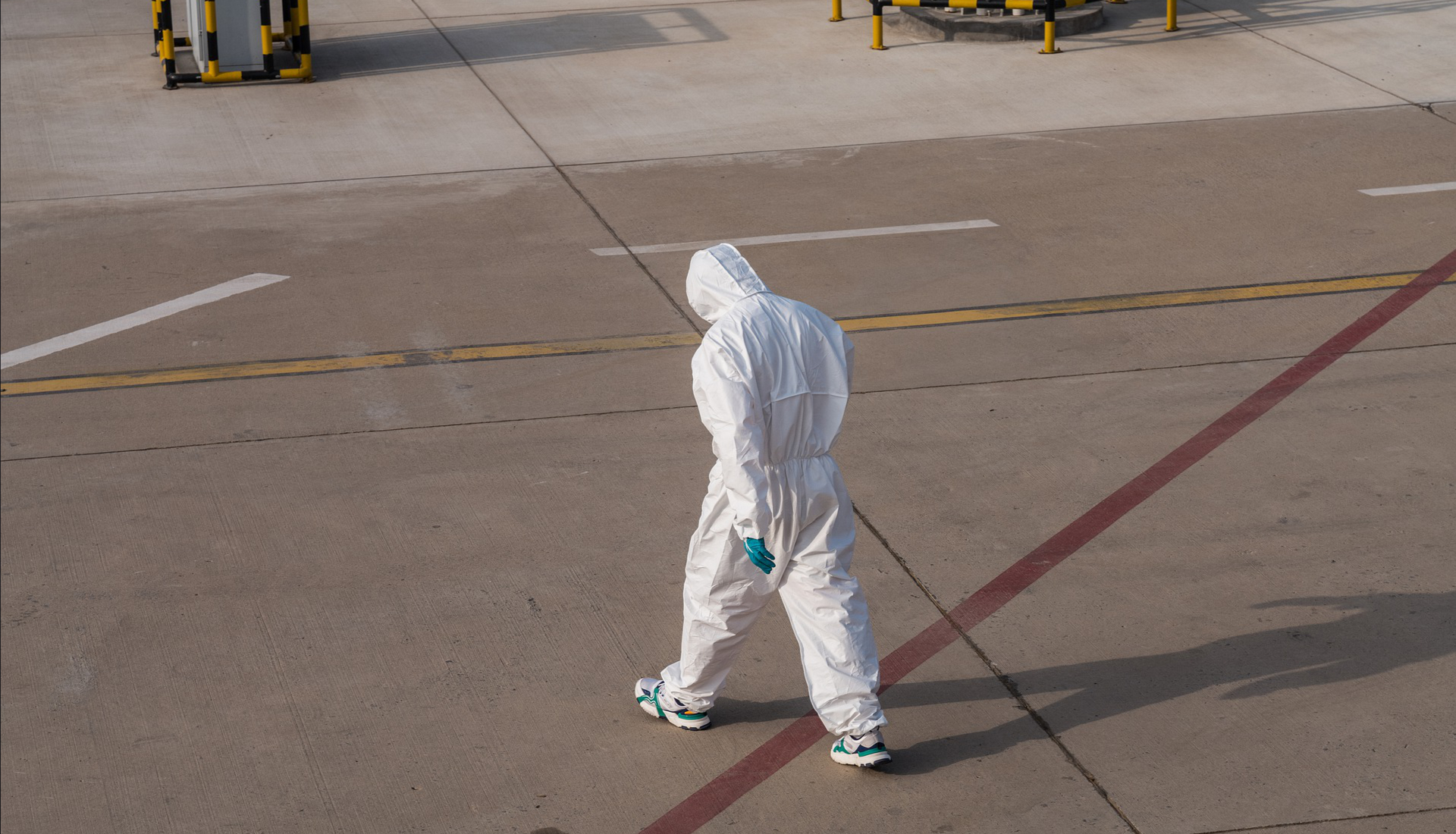With the COVID-19 pandemic, much has been said about Epidemiology and several questions have arisen concerning the functions of an epidemiologist.
So, it is important to ask: what is the job of an epidemiologist, and what exactly does this professional do?
Firstly, let us begin by defining what Epidemiology is. Epidemiology is a science that studies the factors which determine the frequency and distribution of illnesses in human populations.
In addition to analysing the distribution and the factors that condition the health of the population, Epidemiology is responsible for the identification of preventative measures, to control or even eliminate risk factors for the development of diseases and events that affect health. This area of knowledge aims to know more about the health of populations and find solutions to improve it.
Going back to the initial question, an epidemiologist is a professional with specific training in Epidemiology, which enables them to identify and design the most appropriate methodologies and instruments for the collection and analysis of information that is indispensable for responding to the objectives of Epidemiology.
Moreover, the epidemiologist uses their specific knowledge to investigate the causes of illnesses, identify groups at greater risk, determine strategies to control the event in question, and point out forms of prevention. They are also responsible for defining indicators to support the planning, management, and evaluation of Health actions.
The need for multidisciplinary knowledge
The practice of Epidemiology involves knowledge from various scientific areas, such as Medicine, Mathematics or Demography. For this reason, several professionals from different sectors may exercise functions in this area, provided they have specific complementary training in Epidemiology.
How can this training be obtained? Through a Master’s Degree or PhD in Epidemiology or in related areas with a specialisation in Epidemiology, or through a course in the area recognised as such.
In Portugal, Epidemiology is not recognised as a profession and the APE (Associação Portuguesa de Epidemiologia) is the scientific body which brings together professionals working in this field. At the moment, the association has around 280 associates.
The role of ISPUP in training and research in Epidemiology
Although the public’s attention has only recently turned to Epidemiology, for 15 years ISPUP has contributed to the training of epidemiologists and to the development of epidemiological research.
In fact, besides receiving national and international researchers who seek the institution as a place of reference to develop their research, ISPUP contributes to the training in epidemiology of future physicians with a specialty in Public Health, through the Curso de Especialização em Saúde Pública (CESP). It is also a fundamental element in the training of PhD and Master’s Degree students in Public Health at the Universidade do Porto, namely in the creation and development of research thesis aimed at obtaining Epidemiology as a specialisation area.
Regarding research, through its Epidemiology Research Unit (EPIUnit), ISPUP has positioned itself at the forefront of scientific production in this area of knowledge, applying epidemiological methods to the study of various diseases, in the design of interventions with an impact on population health, and in the evaluation of health care. The quantity and quality of the work produced can be assessed by the scientific production that has been published.
Let us look at the numbers. From 2015 to 2020, the EPIUnit produced over 1600 publications, where book chapters, books, editorials, letters to editors and reports are included. Considering only peer-reviewed publications, in the last 5 years, it has published more than 1500 articles (4% of the articles were published in journals with an impact factor higher than 10, of which half were published in journals whose impact factor is higher or equal to 40).
188 researchers work at EPIUnit: 111 PhDs and 77 non-PhDs.
Finally, in 2019, EPIUnit received the distinction of “Excellent” by the Fundação para a Ciência e a Tecnologia (FCT), as part of the evaluation process of the Research and Development Units 2017/2018.
Image: Pixabay/wynpnt



